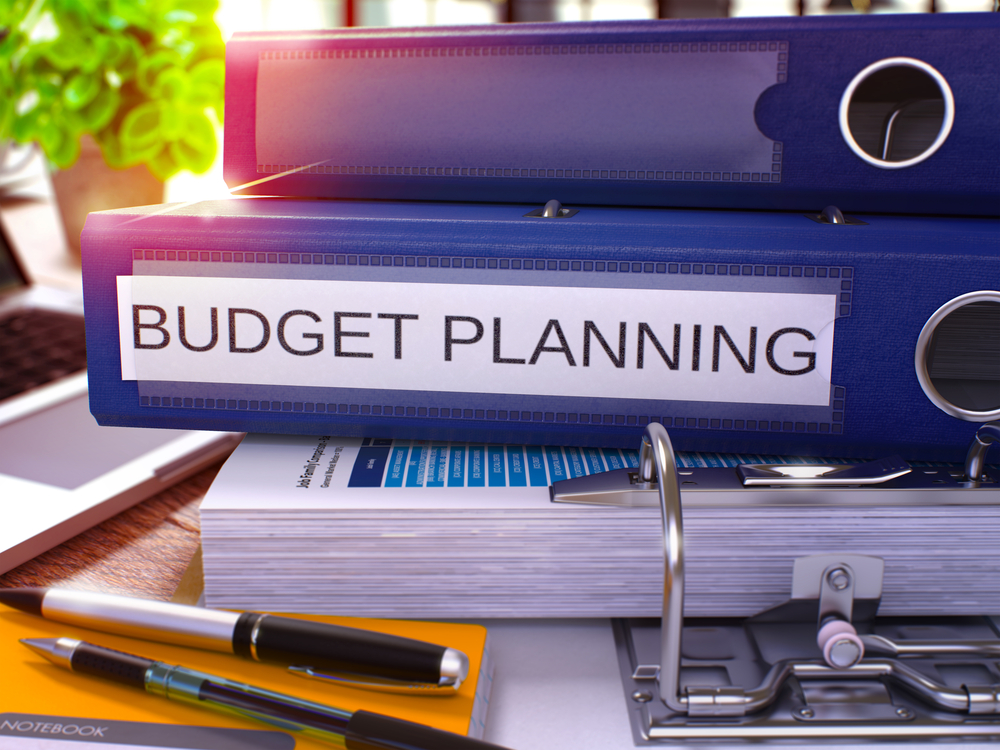Filing for bankruptcy is often a difficult but necessary decision to regain control of your financial life. It provides individuals and businesses with a fresh start by either eliminating or...
Breach of contract occurs when one party fails to fulfill their contractual obligations. A contract is a legally binding agreement between two or more parties, and a breach of contract can result in...
Bankruptcy can be a difficult and overwhelming experience for individuals and businesses alike. While it provides a way to eliminate or restructure debt, it also has a significant impact on credit...
Purchasing properties at a Sheriff Sale in New Jersey can be a great way to get a good deal on real estate but many potential pit falls exist that you must be concerned with. As an investor and...
The most fundamental advice that all drivers receive from the first day they get on the road is to pay attention to the road. We all know that we need to pay attention to what other cars are doing,...
In every state, including New Jersey, obtaining a judgment is just the first step in repaying a plaintiff for an injury they have suffered. Whether it be a default judgment or a drawn out trial,...
Filing for bankruptcy is often a daunting process. The intricacies of the Bankruptcy Code can often leave a debtor struggling to understand what the next best steps are. The first difficult decision...
It’s no secret that bankruptcy often gets a bad reputation, from the perspective of debtors and creditors alike. Whereas a clear understanding of the bankruptcy objectives would show that it is a...










